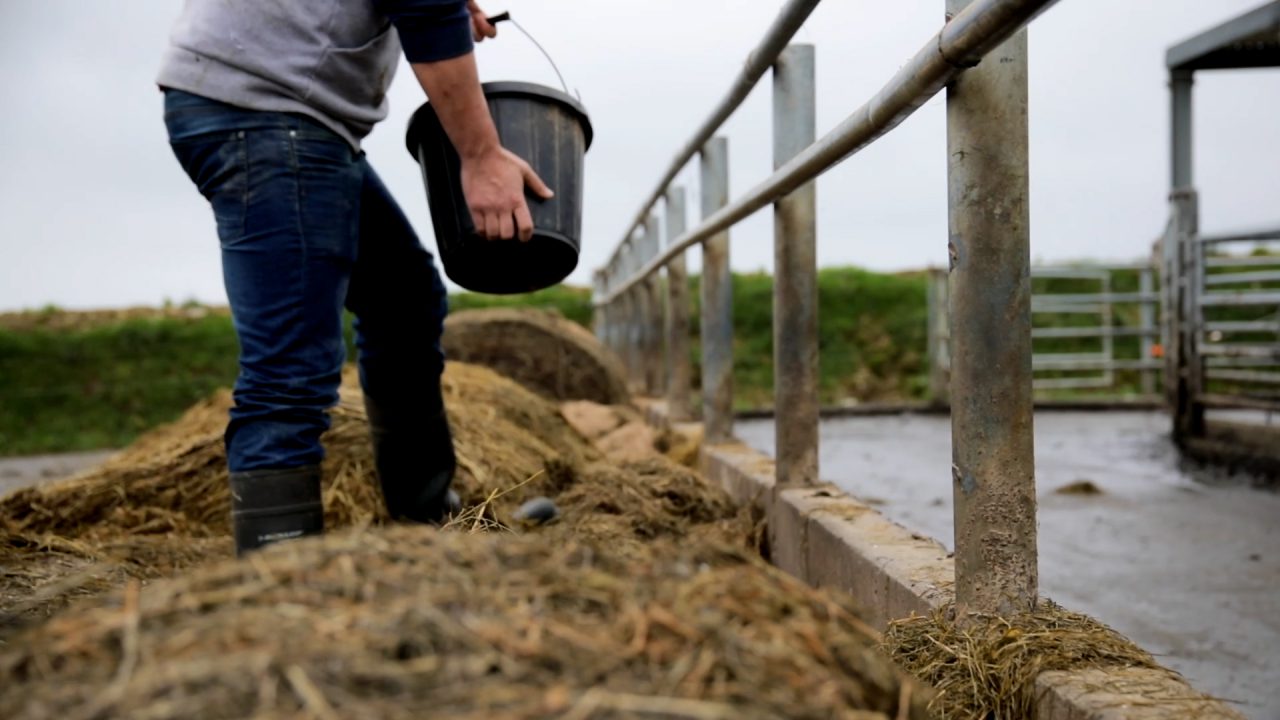The farming and business communities will both have to undertake climate action – but “asking a farmer to make changes and asking a multinational to make changes [is] not comparable”.
Last week, the climate bill was discussed in the Seanad, with Fianna Fáil senator Erin McGreehan saying that rural Ireland is “sometimes used as a scapegoat”.
‘Asking a farmer to make changes…’
“Sometimes there is a lot of hypocrisy. So many people see raw sewage going into our waterways, the lack of proper incentives to reduce our waste, the lack of movement on the banning of smoky fuels and the EU signing up to the Mercosur deal to bring beef into Europe,” the Louth senator said.
“These contradictions and hypocrisy get people’s backs up and often reduce their buy-in to the concept of achieving carbon neutrality. In their gut, they want to create a carbon-neutral state but are afraid of the financial consequences for them.
“Rural Ireland is sometimes used as a scapegoat. The country is predominantly rural.
“Our mountains, rivers, farmland and forests are our capital and comprise the most basic infrastructure we need to fight against climate change.
“I am genuinely sick of some sectors and stakeholders blaming and placing all the responsibility on rural dwellers, including those in one-off housing.
“Farmers are blamed but, with assistance and support, they could continue to improve, safeguard and protect the natural environment and, therefore, reduce and sequester our carbon emissions.”
The senator said that while “we will ask our farmers and other citizens to make huge changes”, and that changes will also be asked of multinationals, “however, asking a farmer to make changes and asking a multinational to make changes [is] not comparable” – as the circumstances of both are very different.
“Most farms in this country are small and owned by families,” the senator added.
“It is important that we protect not only our environment, but also this indigenous industry.”
Concerns farmers have ‘not been brought along’
Senator Regina Doherty said in the Seanad that while Ireland “has no big industry as other EU countries have, possibly the largest sector that can both have an impact and be impacted by the bill is our farming community”.
“As I see it, the most important stakeholders in the bill are our farmers who, with the will and the right supports, will play a crucial role in the country reaching its targets by 2050,” the Fine Gael senator said.
“I have concerns that, as a major stakeholder, the farming community has not been brought along with us as a partner to the bill which is needed.”
Meanwhile, senator Rónán Mullen said that the latest set of climate objectives in this bill “seem to have been arbitrarily chosen”.
“Ireland should be carbon neutral within 30 years, which is a mammoth task requiring massive and radical changes in agriculture, transport, industry and all aspects of our lives,” the senator said.
“However, the government has not engaged in discussion of whether we ought to be more realistic about what we can achieve on our own and whether we should be taking radical action when much larger countries with vastly greater emissions, both per capita and as a portion of the global total, are not doing likewise.
“We [Ireland] generate just 0.1% of global emissions. It is such a small fraction, it is difficult to visualise.
“We aspire to or, at least, pretend to make radical interventions in our society, in the vain hope that it will make an international difference. It might be noble of us, but it is not practical or realistic.”
